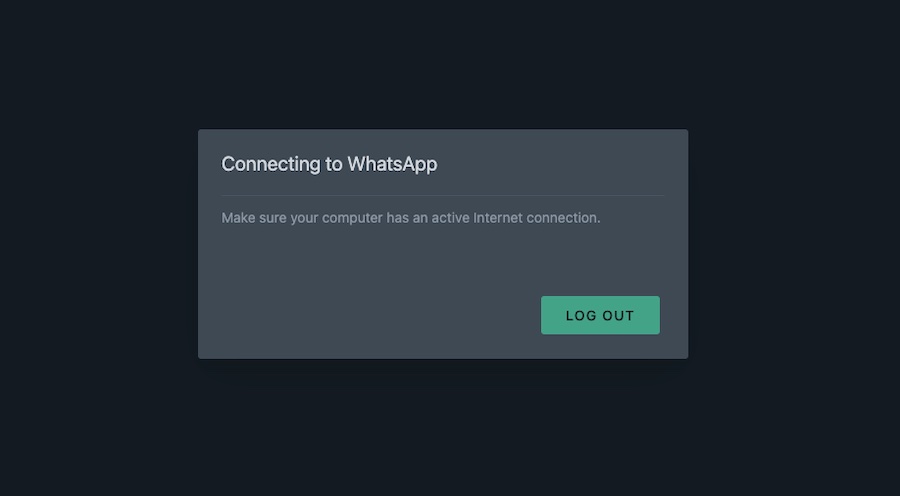WhatsApp has been facing a global outage for over an hour, according to hundreds of thousands of users, in one of the most widespread and long-lasting snafus for the Meta-owned instant messaging and voice calling app that is used by over 2 billion people and millions of businesses worldwide.
The outage began about 12.20 AM PT, according to user complaints. WhatsApp has acknowledged the outage and says it is working to restore it. The company didn’t share what caused the outage.
Users are unable to send or receive new messages, sign up for WhatsApp, update their profile information or privacy settings, they said. DownDetector, a web service that tracks services performance, said it has received over 80,000 complaints about the glitch from users in a span of an hour.
WaBetaInfo, another popular service that tracks WhatsApp, reports that the issue is “server-side,” so it won’t be fixed until Meta resolves it remotely.
In a statement to TechCrunch, a Meta spokesperson said: “We’re aware that some people are currently having trouble sending messages and we’re working to restore WhatsApp for everyone as quickly as possible.”
WhatsApp has become critical infrastructure in many markets, used by government officials, telecom service providers and of course, billions of people. As of 2020, the service was used to send over 100 billion messages a day, a figure that is unrivalled in the industry.
Facebook Messenger and WhatsApp together were used to exchange 60 billion messages a day as of early 2016. Apple chief executive Tim Cook said in May 2020 that iMessage and FaceTime were seeing record usage, but did not share specific figures. The last time Apple did share the figure, it was far behind WhatsApp’s then usage (podcast). WeChat, which has also amassed over 1 billion users, is behind in daily volume of messages, too.

Users are seeing several errors accessing WhatsApp, including the app’s inability to connect to the server.
Here are some stories to read while your phone remains silent:
(More to follow)
Jagmeet Singh contributed to the report.
WhatsApp is facing an outage, Meta working on a fix by Manish Singh originally published on TechCrunch
DUOS





